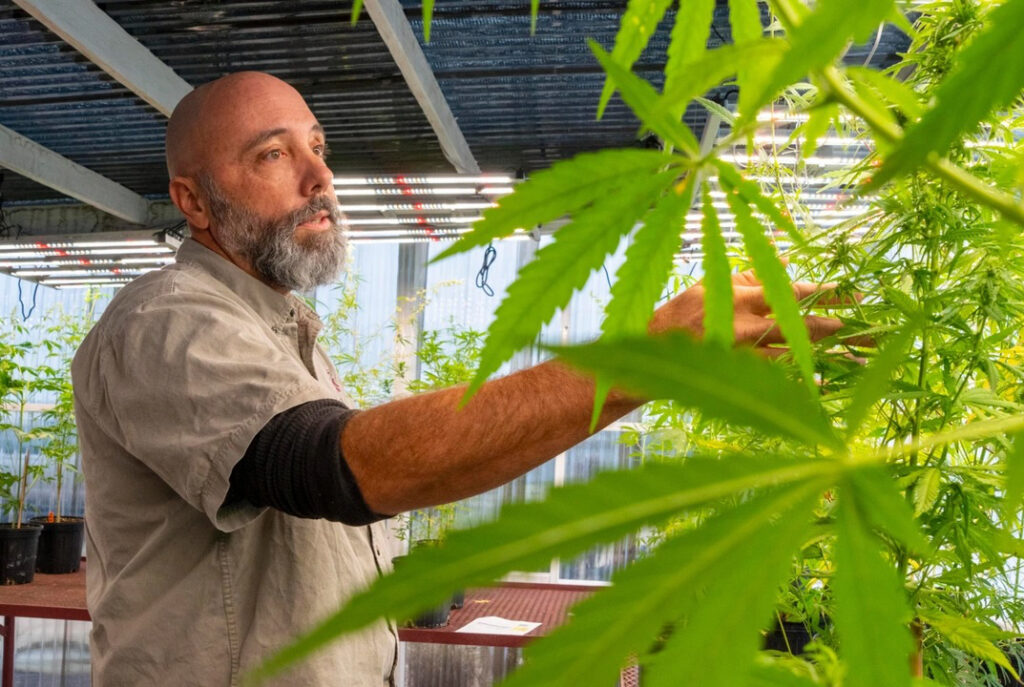Researchers in Texas say they have developed hemp grain and fiber varieties suited to the state’s challenging climate.
The team, at Texas A&M University, announced it is preparing to deliver its first set of hemp germplasms to the U.S. Department of Agriculture (USDA), the result of a breeding program that started in 2022 under a two-year grant from the National Institute of Food and Agriculture.
Led by Russell Jessup, a hemp breeding specialist at Texas A&M’s Department of Soil and Crop Sciences, the project aims to fill a significant gap in hemp genetics – strains that can thrive in hot, humid, and often dry conditions.
A gap down south
“We’re trying to fill a gap that has not yet been served to the breeding programs in the southern U.S.,” Jessup told the Austin Chronicle.
“If you know where to grow it, how much water is required, when it’s appropriate to plant, and when not to push it too far with deficit irrigation or trying to raise it dryland, I think it’s going to be a great crop,” Jessup said.
Hemp varieties currently available to U.S. farmers are primarily adapted to the cooler climates of Europe, Canada, and northern U.S. regions. In southern states like Texas, however, many of these varieties fail, either flowering too early or exceeding the THC limit due to stress from the harsh climate.
Jessup said genetics from Colorado, Oregon, and Europe can perform well in northern Texas but struggle in the hotter and more humid regions below Dallas, where hemp crops have failed spectacularly. The ultimate goal of the research is to develop hemp varieties that are both resilient and productive, particularly for dual-cropping of grain and fiber.
Combining global genetics
The researchers have sourced plant material globally, combining grain types from Japan and Switzerland with fiber varieties from China, for example. They are also working to secure genetics from southern India, a region with climate conditions similar to those in Texas.
Jessup’s team had a grant to grow 20 strains across five locations from the Panhandle down to Weslaco in the extreme southern tip of the state.
The university-based public hemp research program stands out in an agriculture industry where private companies often tightly control their genetics. The hemp varieties developed at Texas A&M will be accessible to licensed breeders across the U.S. through the USDA’s germplasm repository.
Clayton Moore, a Ph.D. student involved in the project, said that of the roughly 100 varieties on the list of federally approved hemp genetics, only about 10% are available. That limited supply means seeds can be hard to get, and are expensive.
The team’s cannabis research extends beyond industrial hemp. They are also exploring hemp’s potential in medicinal applications, including anti-cancer research.

